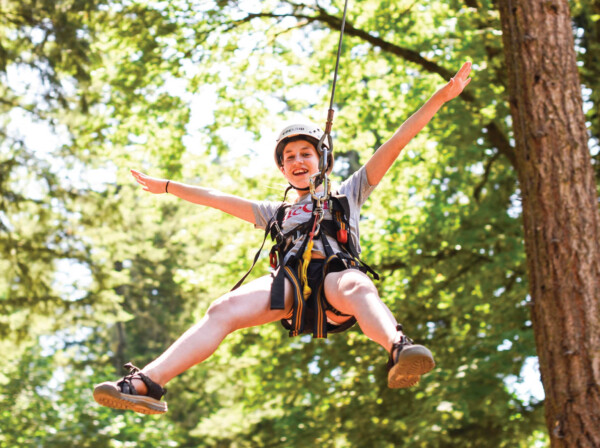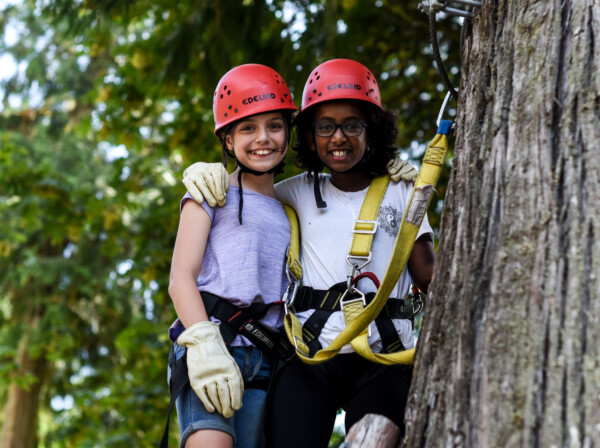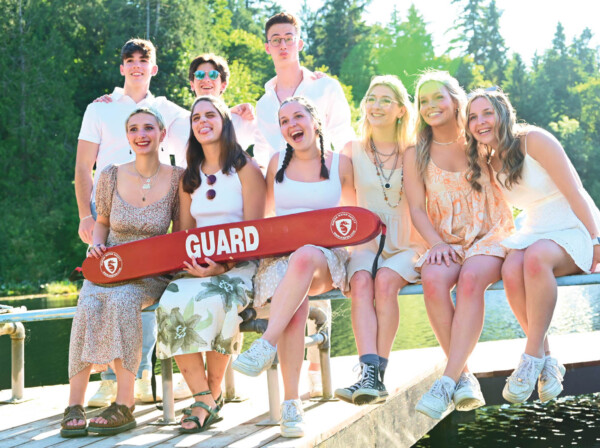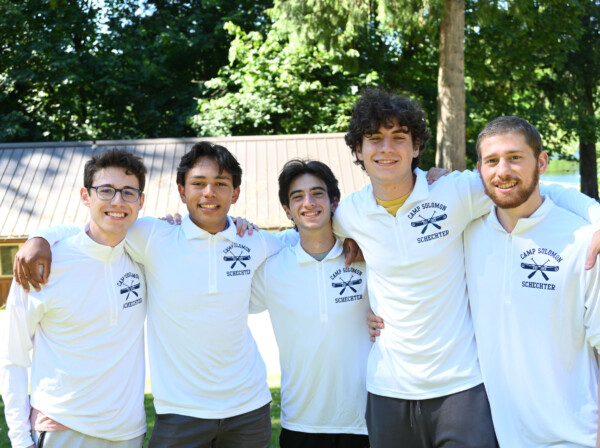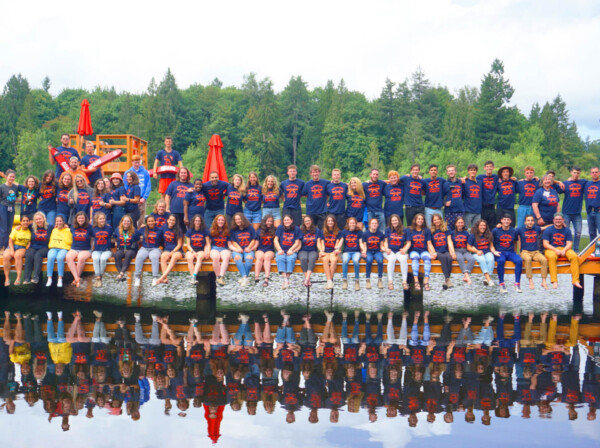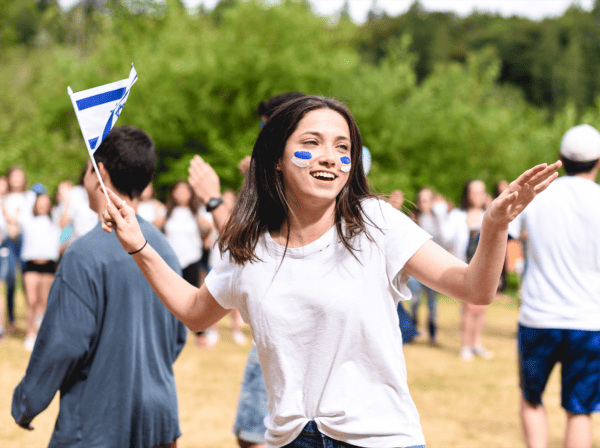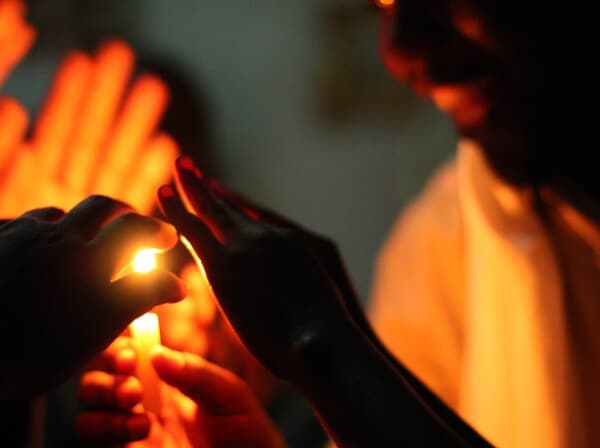Inclusivity & Mental Health
Dear Camp Solomon Schechter Community,
Since 1954, Camp Solomon Schechter has existed as a safe, welcoming, and nurturing environment for hundreds of campers and staff each year. Every year we are blessed to welcome campers and staff from across the globe, allowing us to build a community of individuals who have contributed to what our camp looks like today. We are so proud to have a community where each person is valued and respected for who they are, and we remain confident that our campers and staff leave camp at the end of each summer as a better version of themselves.
We know that Camp Solomon Schechter is one of the most rewarding and influential experiences that our campers and staff can have. When children come to camp, they are able to try new activities, grow in their independence and self-confidence, make new friends, and discover things about themselves they did not know. For many of these people, camp is a safe haven from the challenging world in which we live. We have a responsibility to protect our campers, and empower them to thrive in the world, no matter who they are, how they identify, or what their background is.
Our commitment is to provide a welcoming, safe, and inclusive environment at camp for all. For more detailed information on the camp’s policies regarding inclusion, non-discrimination, and mental wellness, please see the parent handbook.
B’Shalom
Jonathan Schwartz, Board President
Zach Duitch, Executive Director
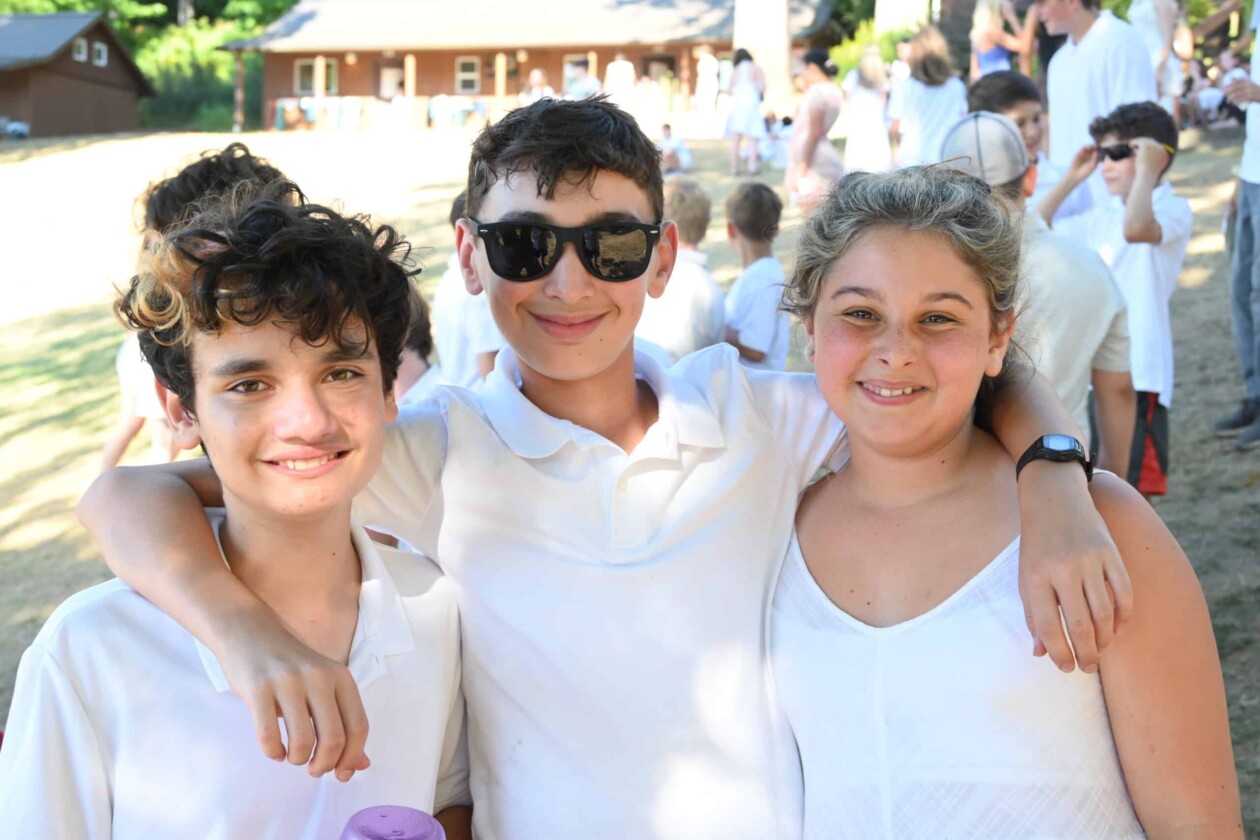
Have any questions?
If you have any questions about how we can best support your camper’s mental health and wellbeing during the summer, please reach out to Ruth Chaban, Assistant Director of Camper Care and Inclusion (rchaban@campschechter.org). We have also attached some helpful resources if you or your family members are in need of support. We do not endorse the organizations, and you might find the information useful.
